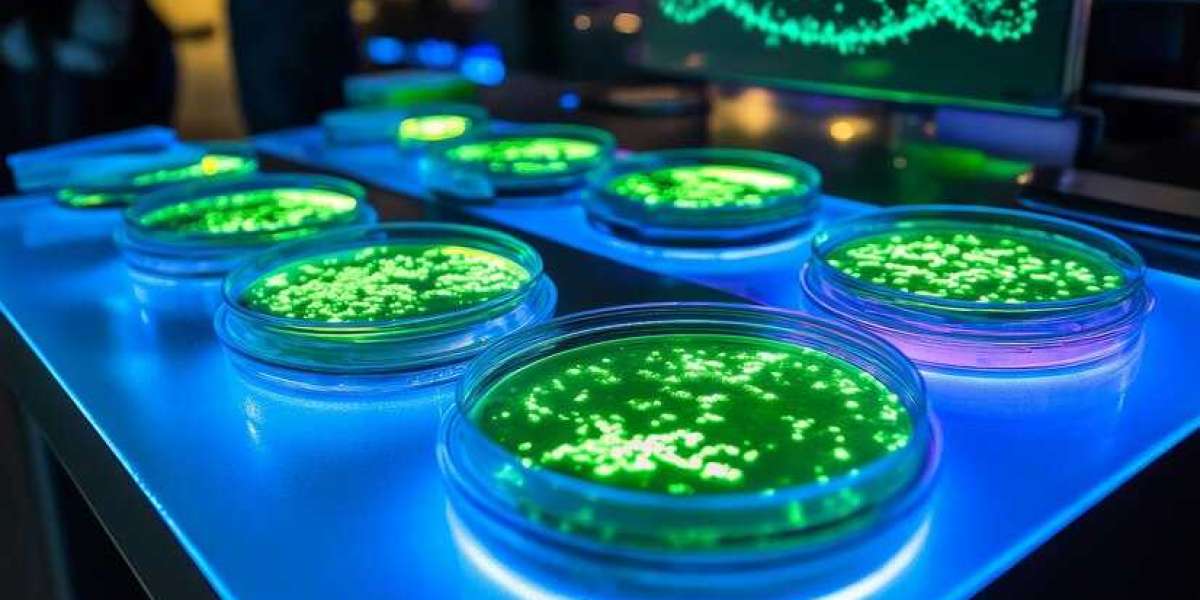In the rapidly evolving field of biotechnology, Protein A Antibody Purification plays a pivotal role in isolating monoclonal antibodies (mAbs), which are essential in both therapeutic treatments and research applications. As demand for high-quality antibodies continues to rise, the efficiency of purification methods becomes increasingly important. Among various purification techniques, Protein A chromatography is the gold standard for antibody purification, particularly for immunoglobulin G (IgG). This article explores how Protein A functions in the antibody purification process and why it remains so vital to the biopharmaceutical industry.
What is Protein A?
Protein A is a bacterial protein originally derived from Staphylococcus aureus. It has a high affinity for the Fc region of immunoglobulins, particularly IgG antibodies, making it a key tool for antibody purification. Due to its strong and specific binding ability, Protein A is immobilized onto chromatography resins and used in column-based purification systems. The selective nature of Protein A allows for the efficient capture of antibodies from complex mixtures, such as cell culture supernatants or serum.
The Role of Protein A in Antibody Purification
Protein A Antibody Purification is a process designed to isolate antibodies from a variety of sources. Antibodies are critical for therapies, diagnostics, and research, and their purity directly impacts their efficacy and safety in these applications. The specificity of Protein A for the Fc region of antibodies ensures that the purification process yields highly pure antibody products with minimal impurities.
High Specificity and Selectivity
The primary advantage of Protein A Antibody Purification lies in its high specificity. Protein A selectively binds to the Fc portion of IgG antibodies, leaving other proteins and impurities behind. This strong affinity for IgG is especially useful when purifying antibodies from complex biological mixtures. This high degree of selectivity reduces the need for additional purification steps, making the process more streamlined and cost-effective.
Efficiency and Yield
Protein A chromatography is renowned for its efficiency. The method allows for the rapid purification of large quantities of antibodies in a relatively short time. This is particularly important in industrial-scale antibody production, where time and yield are critical factors. Protein A Antibody Purification consistently produces high yields of pure antibodies, making it the preferred method in commercial biomanufacturing settings.
Scalability
Another major advantage of Protein A Antibody Purification is its scalability. Whether purifying milligrams of antibody for research or kilograms for therapeutic use, Protein A chromatography can be adapted to meet the scale required. The technique is well-established in both small-scale laboratory environments and large-scale commercial antibody production facilities.
Purity and Quality
One of the key metrics for any purification process is the purity of the final product. Protein A Antibody Purification consistently delivers highly pure antibodies, typically achieving purities of over 95%. This high level of purity is critical for therapeutic antibodies, where any impurities can impact the safety and efficacy of the drug. In addition to purity, Protein A purification provides high-quality antibodies with preserved structural integrity and biological activity, which is essential for their function in clinical settings.
Challenges and Considerations in Protein A Antibody Purification
While Protein A Antibody Purification is highly efficient and widely used, it is not without its challenges. One of the primary concerns is the cost of Protein A resins, which are relatively expensive compared to other chromatography methods. However, the cost is often justified by the high yield and purity of the antibodies obtained.
Another consideration is that Protein A has a strong affinity primarily for IgG antibodies. For antibodies that do not have an Fc region or for other types of immunoglobulins, alternative purification methods may be required. Despite these challenges, Protein A remains a versatile and indispensable tool in the purification of monoclonal antibodies.
Conclusion
Protein A Antibody Purification continues to be a cornerstone in the biopharmaceutical industry, particularly for the production of monoclonal antibodies. Its high specificity, scalability, and ability to produce high-purity antibodies make it the preferred choice for antibody purification in both research and therapeutic applications. Although there are challenges associated with its use, the benefits far outweigh the costs, making Protein A an essential component of modern antibody purification processes.
By understanding the critical role that Protein A plays in antibody purification, researchers and manufacturers can optimize their processes to achieve the highest quality antibody products. This, in turn, contributes to the development of more effective therapeutics and diagnostic tools, ultimately improving patient outcomes.
Original Source: https://lyticsolutions.blogspot.com/2024/09/understanding-role-of-protein-in.html








